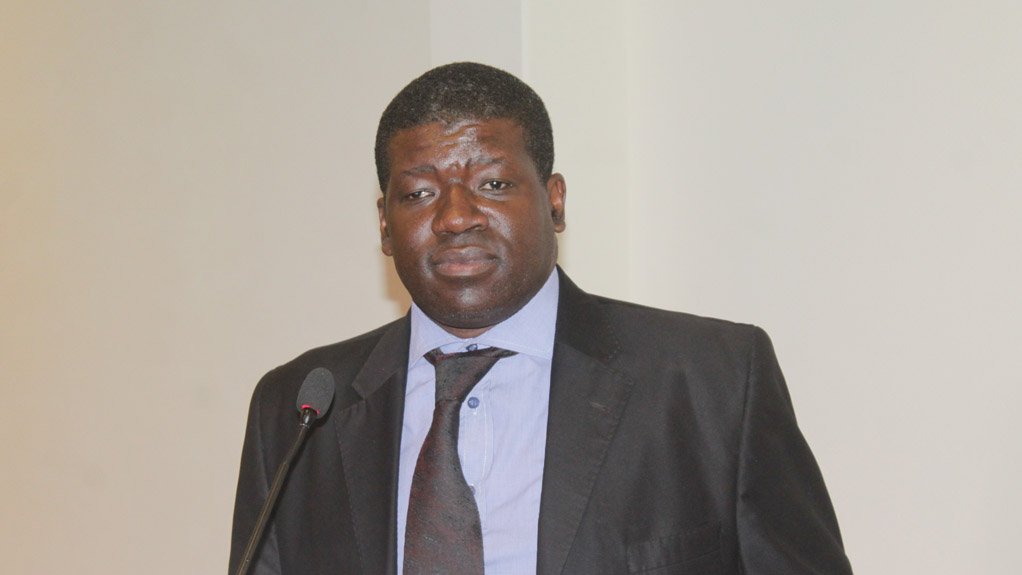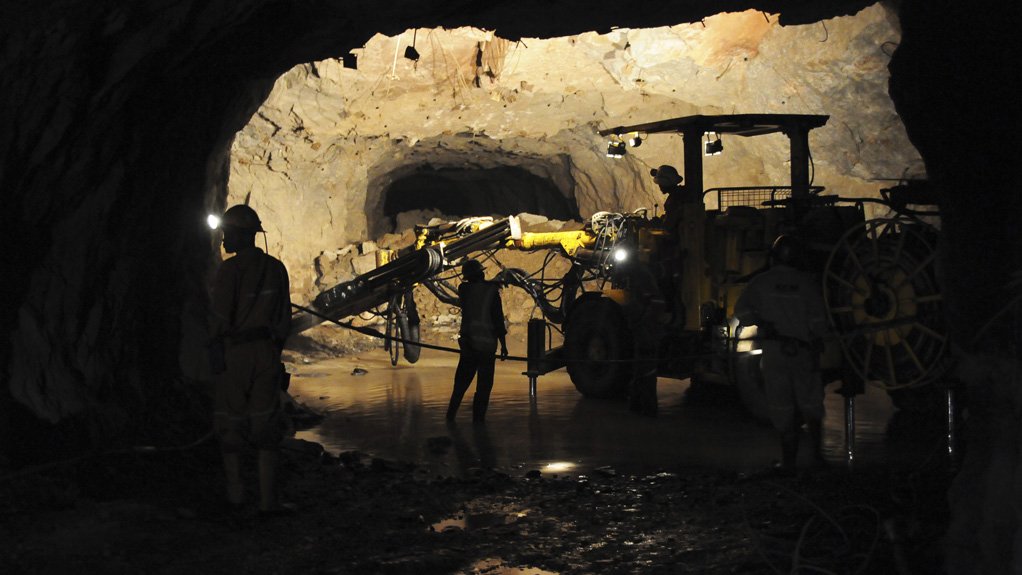Zambia’s recent electoral results, where more than 50% of votes were in favour of the Patriotic Front (PF), indicate citizens’ need for continuity in the country, with the outcome conveying a positive message to investors, global professional services firm KPMG audit partner Victor Sitabule tells Mining Weekly.
PF leader Edgar Lungu was elected President last month, with 100 530 more votes than the United Party for National Development’s (UPND’s) Presidential candidate Hakainde Hichilema. UPND has filed a formal petition in the Constitutional Court challenging Lungu’s re-election.
Business community expectations are that policies remain consistent, especially the tax regime for mines – neither want an increase in production costs nor uncertainty as to what they will pay as it affects investment decisions – highlights Sitabule.
He adds that the Zambian government’s objectives to diversify the country away from its reliance on copper to improving infrastructure and tourism, among others, did not materialise this year, as the primary focus was on the elections.
However, Sitabule emphasises that “it is time for objectives to be rolled out, it cannot be postponed any longer”.
KPMG Zambia tax partner Michael Phiri says the uncertain political climate before the elections had delayed investment decisions. “We expect to see more direct investment and fulfilment of pledged foreign direct investment (FDI) in the country following the outcome of the election.”
Zambia ZCM president Nathan Chishimba tells Mining Weekly that the country’s mining sector has undergone a lot of changes in recent years, largely driven by a disconnect between policymakers and industry practitioners.
The run-up to elections involved significant progress being made in bridging communication and understanding between policymakers and industry practitioners.
“There is now an appreciation of the need to have a practical approach to a mining policy that serves the mutual interests of investors and government.”
Owing to the national elections, Chishimba predicts better engagement between the mining sector and government. A report released by London-based risk management consultancy PGI Intelligence also foresaw a positive outcome for the mining sector.
According to PGI, following several years of regulatory uncertainty and difficult operating conditions in Zambia, the outlook for the mining sector was likely to improve after the election process was finalised.
PGI expected the winning candidate to react to economic pressures to improve the competitiveness of the mining sector by reducing taxes and improving power generation.
“Neither Hichilema nor Lungu is beholden to a particular ideological position – though Lungu has previously backed populist policies to the detriment of the mining sector – and both are under pressure to increase investment in the mining sector, which contributes around 55% of State revenues.
“Falling commodity prices have led to more than 10 000 job losses in the Copperbelt mining hub, which both candidates will be under pressure to resolve,” the report explains.
A World Bank overview, updated on April 8, reports that Zambia’s economy, highly dependent on the exploitation of the country’s copper resources, grew at an average annual rate of 7% from 2010 to 2014.
“However, global headwinds and domestic pressures had strained the Zambian economy. Consequently, growth in 2015 fell to an estimated 3%, compared with 4.9% in 2014, following a six-year low in copper prices, increasing power outages, and El Niño-related poor harvests. Growth is expected to remain about 3% in 2016, subject to the 2016 harvest, the mining industry’s reaction to softer copper prices and the stabilisation of the power situation,” the overview states.
The World Bank says falling copper prices, exports and FDI have weakened Zambia’s economy. Copper prices declined by almost one-third from their peak in February 2011 to $4 595/t in February and are forecast to remain soft until 2018 as global supply currently exceeds demand.
Meanwhile, the Electoral Commission of Zambia announced the 2016 election results four days after voting polls had closed. An estimated 56.54% of votes were cast for this years elections, compared with the 32.36% for the 2014 elections.
Lungu replaced former President Michal Sata, who died in office in October 2014, through an election called thereafter, and started his Presidency in January 2015.
Edited by: Tracy Hancock
Creamer Media Contributing Editor
EMAIL THIS ARTICLE SAVE THIS ARTICLE
To subscribe email subscriptions@creamermedia.co.za or click here
To advertise email advertising@creamermedia.co.za or click here















